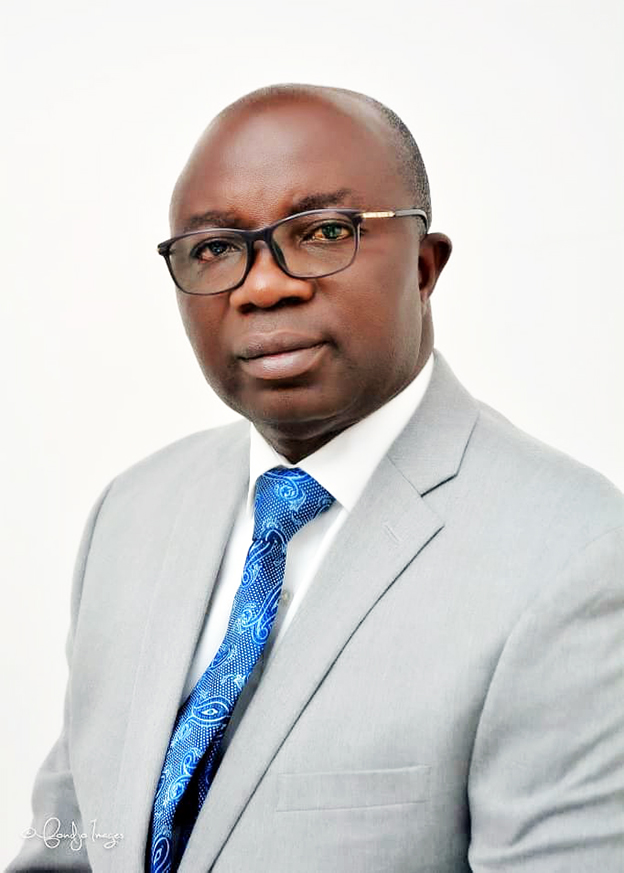In a significant stride towards enhancing the quality of education in Ghana, the National Service Scheme (NSS) launched the NSS Pedagogy Module in 2022, a progressive programme designed to equip National Service Personnel (NSP) with advanced teaching methods and educational techniques.
This initiative, spearheaded by the Executive Director of the NSS, Hon. Osei Assibey Antwi, in collaboration with the National Teaching Council (NTC), Transforming Teaching, Education, and Learning (T-TEL), and the Principals of Colleges of Education (PRINCOF), aims to bridge the gap between untrained and qualified teachers, ensuring that every classroom in Ghana is led by competent and effective educators.
It would be recalled that this collaborative effort has culminated in the development of a comprehensive Pedagogy Training Manual, which was launched alongside the commencement of the first training session.
The programme’s primary goal is to equip the NSPs entering classrooms for their mandatory one-year service with basic teaching skills to foster effective learning environments in schools, particularly in deprived and hard-to-reach communities.
Addressing the Teacher Gap
Over the decades, the NSS has played a pivotal role in addressing the pupil-teacher ratio gap by deploying over 40 per cent of service personnel to basic and second-cycle institutions annually.
Recognising the need for formal training, the NSS has introduced this pedagogy module to ensure that service personnel without prior educational training can still deliver high-quality education. These personnel not only impart knowledge but also serve as role models within their communities.
Inaugural Year and 2023 Milestones
The National Service Scheme (NSS) marked a significant milestone in its efforts to professionalise teaching with the official launch of its pedagogy training programme on December 5, 2022, in Accra.
In 2022, the programme’s launch saw 300 National Service Personnel (NSPs) trained and deployed to senior high schools.
The following year, 2023, the initiative expanded significantly, with 1,934 NSPs undergoing rigorous pedagogy training to enhance their teaching skills for their national service.
It is worth mentioning that the 2023 cohort consisted of 1,122 male participants and 812 female participants.
2024 Projections
With the impressive public support the initiative has received, there are plans to expand its influence.
Looking ahead, the National Service Scheme (NSS) intends to broaden the scope of the Pedagogy Programme to include more National Service Personnel (NSPs) deployed in Basic and Second cycle institutions, particularly targeting those personnel who lack teaching skills.
Leveraging the increased cooperation from our partners, the Scheme is poised to deploy close to 5,000 service personnel to bolster teaching and learning activities in senior high schools.
The groundwork for the third phase of this crucial programme has already been laid, setting the stage for a successful commencement.
There is a concerted effort to develop NSPs’ capacity in Universal Design for Learning (UDL), enabling them to cater to all learners, including those with special needs. This is particularly crucial in rural areas where the pupil-teacher ratio gap remains significant.
Furthermore, the NSS aims to facilitate the enrolment of NSPs interested in pursuing a career in teaching in postgraduate education programmes through partnerships with colleges of education and other institutions.
Emphasising Professionalism and Compliance
The NSS pedagogy training aligns with the Education Regulatory Bodies Act 1023 of 2020, which mandates the NTC to regulate the teaching profession. This includes professionalising teaching through standards development, continuous professional development, and licensing. The training ensures that NSPs comply with these standards, promoting a culture of continuous learning and professional growth.
The training module includes a two-week initial intensive training before service commencement and intermittent training throughout the one-year period, providing NSPs with year-long hands-on practice and theoretical knowledge essential for effective teaching.
Upon completing the training, NSPs are awarded temporary licenses, allowing them to teach in secondary schools. This temporary licensure is a stepping stone towards obtaining a full professional license, provided they pass the teacher licensure exams.
A New Era of ‘Deployment for Employment’
Under the umbrella of the “deployment for employment” agenda, the NSS is moving towards professionalising teaching among NSPs, ensuring that those without pedagogical training receive basic teaching skills through the Pedagogy Training for Untrained Teachers initiative.
This signifies a shift from merely mobilising NSPs for deployment to equipping them with employability skills that ensure sustainable livelihoods post-service.
This initiative underscores the NSS’s commitment to fostering continuous professional development among NSPs and instilling a culture of lifelong learning and growth.
Conclusion
The NSS Pedagogy Module can be described as a leapfrogging approach towards improving the quality of education in Ghana.
By equipping NSPs with the necessary teaching skills, the programme not only addresses the immediate needs of the education sector but also a means of creating an opportunity for job creation for thousands of Ghana’s youth.
This initiative highlights the NSS’s commitment to transforming education and providing valuable employment opportunities for NSPs.
By Armstrong Esaah
Head of Corporate Affairs
National Service Scheme









